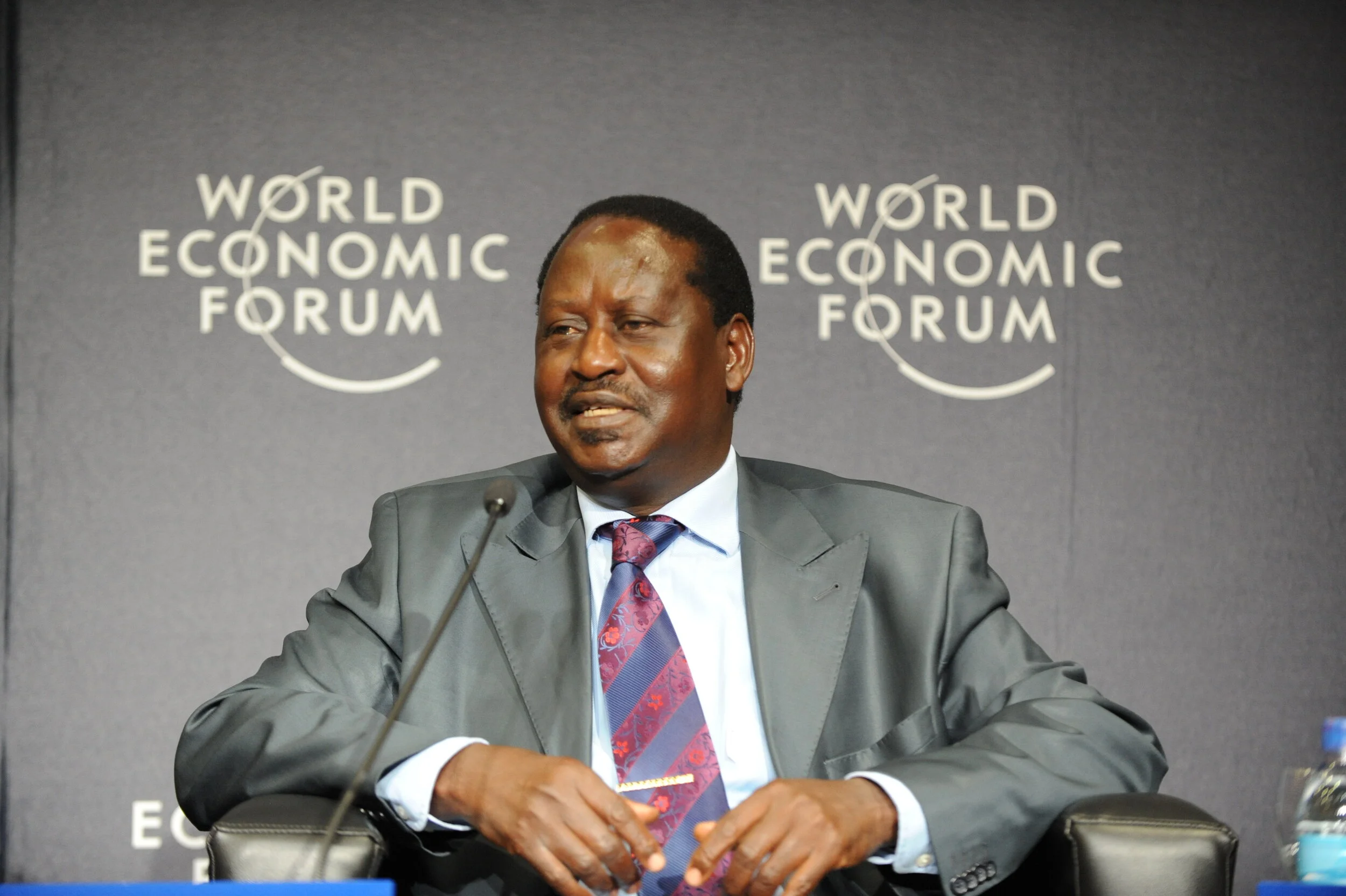Alternating Current: Developing Transformative Leaders in a Multi-Polar World
By Pia Rebello Britto, PhD and Briance Mascarenhas, PhD
Globalization presents diverse potential opportunities for expansion and collaboration. There is a need for international transformative leaders who are well-grounded in their disciplines, who have a broader vision that transcends countries and cultures, and who have a desire and ability to bring about positive change.
Read More
Book Review: Mapping Contradictory Democratic Experiences in Asia
By Faizah Zakaria
After the advent of Sukarno’s “Guided Democracy” in Indonesia more than fifty years ago, renowned scholar of Indonesian politics Herbert Feith asked why democracy in Indonesia failed.
Read More
Renegotiating the Nature of Citizenship: Constitution Making in South Africa
An Interview with Albie Sachs, Former Justice of the Constitutional Court of South Africa
Yale Sociology PHD student Denise Lim interviews Sachs on consociationalism, the process of constitution making, the formation of the Constitutional Court, “Sufficient Consensus,” and bringing South Africa together.
Read More
Political Cacophony in the East: Višegrad Fraying at the Seams
By Arthur de Liedekerke
Poland’s recent announcement that it would move thousands of troops from the country’s western border to its eastern one—a historic realignment—highlights the consternation that the Ukrainian crisis has sparked among countries in the region.
Read More
Uneasy Interdependence – Rivalry across the Himalayas
By Isaac S. Medina
For centuries, the great civilizations of India and China have been separated by the natural barrier of the Himalayas, largely keeping the two civilizations from encroaching on one another’s sphere of influence.
Read More
Investigating Contemporary Issues in Indian Society and Film: A Conversation with Nandita Das
Interview by Tara Chandra
With over 40 feature film credits to her name, Nandita Das is an award-winning Indian film actor and director who has leveraged her international profile to campaign on social issues concerning women, children, and marginalized communities.
Read More
The Evolution of Islamic Militancy: Military Developments and the Implications for State Actors
By Jack Miller
Since the late 1990s, a comprehensive discussion relating to changes in the nature of warfare and the military development of conventional state actors has been progressing in U.S. policy circles.
Read More
Cautious Optimism: A Realistic Approach to African Development
By Yale Journal of International Affairs
An Interview with Raila Odinga, Former Prime Minister of Kenya
Read More
South Sudan: Don’t Fire the Foreigners
By Chris Lockyear
As hundreds of thousands of people in South Sudan struggle to survive the brutal conflict there, South Sudan’s labor minister recently dealt a potentially devastating blow: he ordered all international workers to leave the country.
Read More
A Case for Tracking Non-Financial Aid Flows More Effectively
By Kelly Hunte
Accounting systems must be developed in both donor and recipient countries which would accurately capture non-financial aid flows in order to analyze the true impact and ensure that the aid flows are effectively linked to the national priorities of the recipient country.
Read More
Extortion in Mexico: Why Mexico’s Pain Won’t End with the War on Drugs
By Benjamin Locks
Since 2007, many Mexicans and international observers have blamed drug traffickers from Mexican cartels—and former President Felipe Calderón’s heavy-handed response—for the reign of violence that has left more than 60,000 people dead through 2012, according to Human Rights Watch.
Read More
New Silk Roads in the Southern Caucasus: Chinese Geopolitics in a Strategic Region
By David Babayan
While the Southern Caucasus appears distant from China both politically and geographically, Beijing has had position there. If the current trend continues, China could become one of the most influential players in Caucasian geopolitics.
Read More
Crossing the Red Line: International Legal Limits on Policy Options
By Todd Robinson, Paul F. Diehl, and Tyler Pack
The apparent use of chemical weapons by the Assad regime in Syria and the potential development of nuclear weapons by Iran have brought “red lines” to the forefront of public discourse and policy-making. In the former, U.S. President Obama threatened retaliatory measures were Syria ever to use chemical weapons against rebels in its civil war.
Read More
Emerging Donors and Knowledge Sharing for Development: The Case of Korea
By Moctar Aboubacar
The field of international development cooperation is being increasingly influenced by “emerging donors,” countries like South Korea which are capitalizing on their own development history to engage developing countries with innovative policy experiences.
Read More
The Age of Democracy and Reason—Can South Asia Find Lasting Peace?
By Probal DasGupta
Around 2005, South Asia was a patchwork of two dictatorships, two monarchies, and three democracies—including one engaged in a civil war.
Read More
Seeing Atrocity Crimes as Processes, Not Single Events
Yale Journal of International Affairs interviews UN Special Adviser Adama Dieng. Dieng served as Registrar for the International Criminal Tribunal for Rwanda as well as the Supreme Court of Senegal and was Secretary-General of the International Commission of Jurists.
Read More
Arrested Institutional Development: Resource Dependence and Legal Institutions
By Kari Lipschutz
This paper uses the Nigerian case to illustrate the serious effect this type of institutional crisis can have on the ability to mitigate the negative externalities of resource development.
Read More
No longer the status quo? Changes in China’s approach to territorial conflict
By Andrew Taffer
Since the end of World War II, China has been involved in more territorial disputes than any other state. The vast majority of them, 17 out of 23 according to M. Taylor Fravel, have been settled by bilateral agreements, “usually by compromising over the sovereignty of contested land.”
Read More
The Transparency of the Quotidian: Whither Japan?
By Nathan Hopson
Perhaps this is unfair—there are, of course, many topics “missing,” because no journal or news source can cover everything—and it certainly reflects my own biases. But my question remains: where is Japan?
Read More
Transparency as Professionalism
Yale Journal of International Affairs interviews Xingzui Wang, Vice President of the China Foundation for Poverty Alleviation.
Read More



















